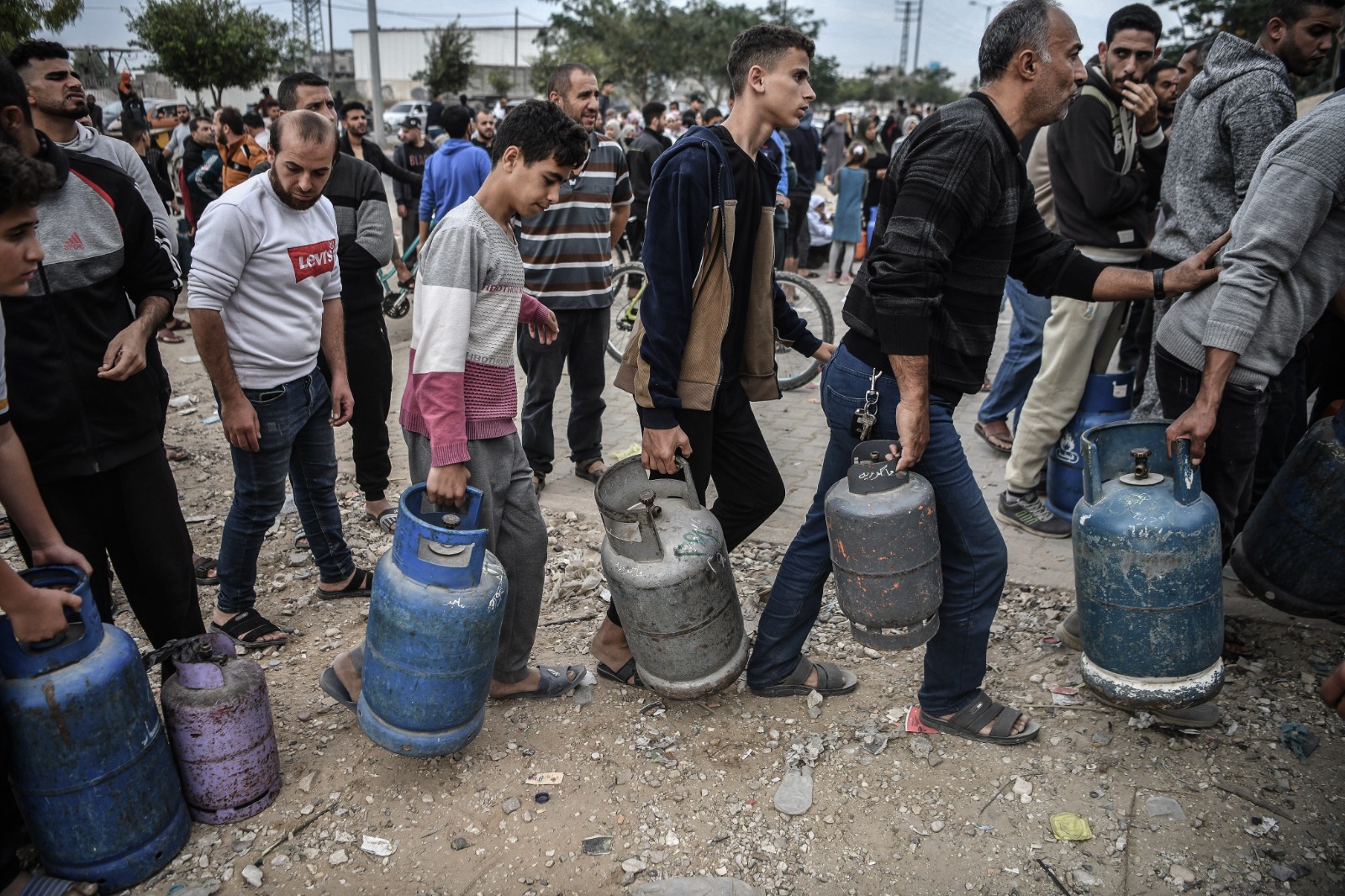The Egyptian Red Crescent delivered humanitarian aid to Gaza through the Rafah crossing on the morning of 2 December, after the Israeli military banned humanitarian aid from passing through Rafah on 1 December as it resumed its assault on the Strip, according to the Palestine Red Crescent Society (PRCS). https://twitter.com/PalestineRCS/status/1730878207216201972 Israel had told organizations operating at the Rafah crossing “that the entry of aid trucks from the Egyptian side to the #Gaza Strip is prohibited, starting from today until further notice,” PRCS said in a post on X on 1 December. Trucks had to be cleared from the Palestinian side of the crossing as soon as possible, according to PRCS. The prohibition on aid, in practice, is a warning that any aid entering from Egypt may be targeted by Israeli forces. Egypt maintains that the border with Gaza is open, but that for aid trucks to go through, there need to be guarantees that they will not be targeted. The Israeli military resumed its assault after a seven-day truce brought brief respite to wounded and exhausted Palestinians amid increasingly dire humanitarian conditions. From the morning the truce broke down on…
Aid Passes Through Rafah After Israel Prohibited Entrance and Bombed Gaza, Killing 184 in One Day
December 2, 2023



